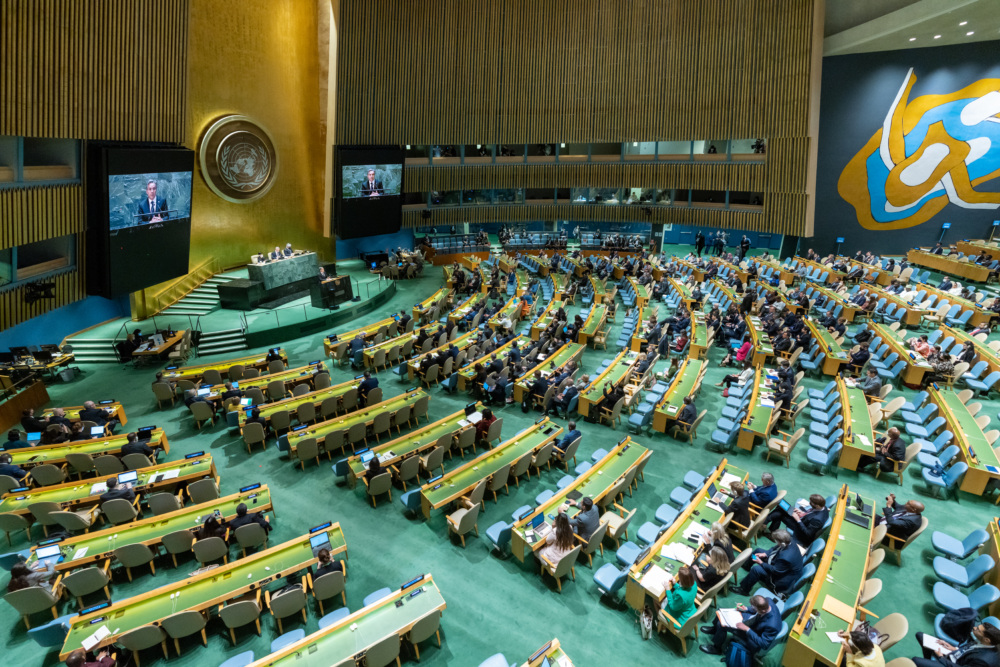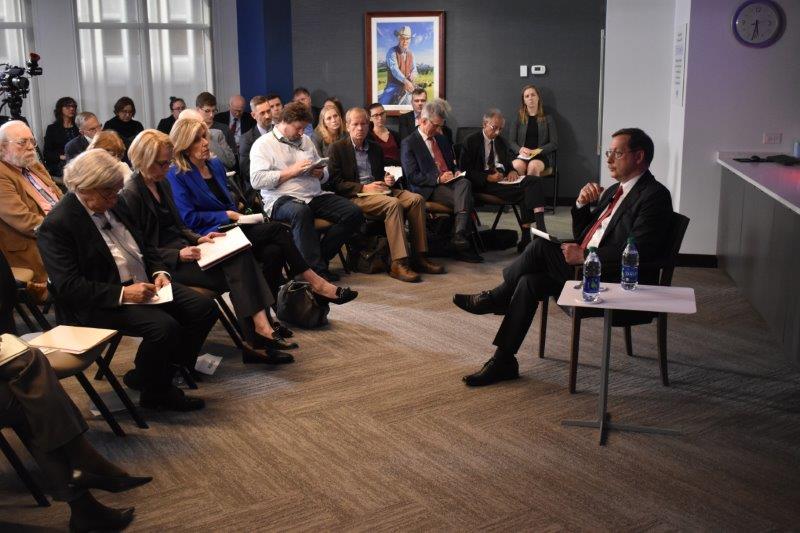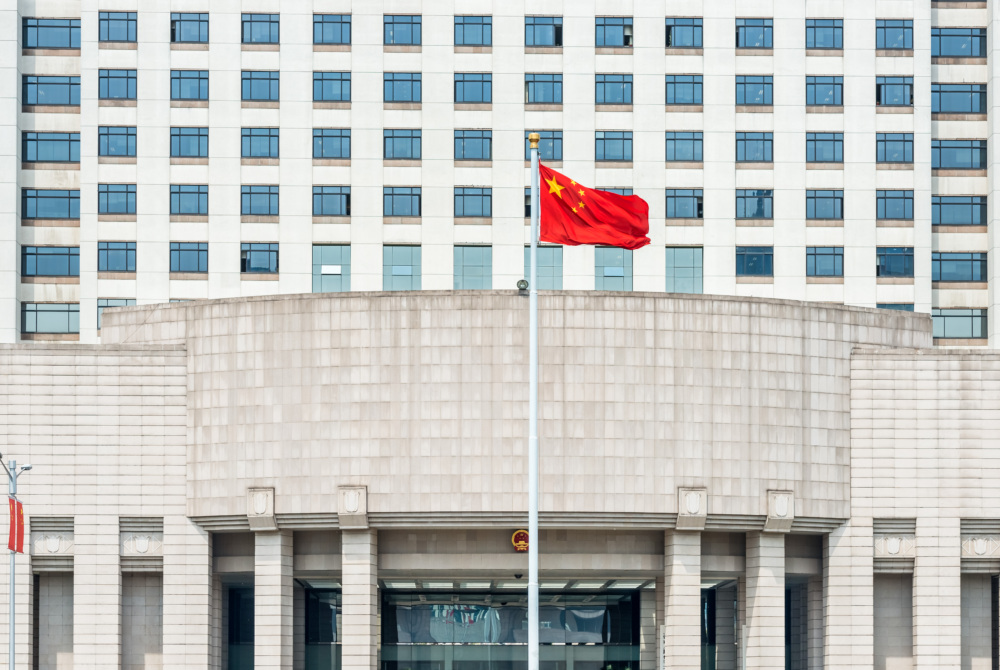This post was written by Ashley Curtis, an intern working
with NTI’s Global Nuclear Policy Program. Curtis holds a Master of Arts degree
in International Relations and Economics from the Johns Hopkins School of
Advanced International Studies. She also holds a Bachelor of Arts in Political
Science from Brigham Young University.
Tensions between the U.S. and Russia are reaching new
heights as the arms control framework continues to fray, removing a critical tool
for building transparency and stability. While an arms race reminiscent of a
past era accelerates, dialogue between Moscow and Washington has been put on
ice – precisely when it’s needed most. Against this concerning backdrop, the
Nuclear Threat Initiative welcomed Dr. Alexey Arbatov, a leading Russian
scholar and expert on international security and military affairs, to share a
Russian perspective on the state of arms control and the bilateral
relationship. Arbatov addressed a range of issues including emerging technology
and evolving threats, and he offered recommendations for future bilateral arms
control agreements and warned against political complacency.
New Technologies
Arbatov noted the increasingly loud voices in the
United States and Russia asserting that bilateral arms control treaties served a
purpose in the past but are no longer relevant in today’s world, given increasing
multipolarity and new technologies that would be difficult to address through
arms control. However, Arbatov said this argument ignores the reality that technological
advances in weaponry are not a new phenomenon but rather a continuous process
that has been integrated into arms control in the past. For example, multiple independently
targetable reentry vehicles (MIRVs) and cruise missiles once emerged as new,
destabilizing innovations, but “nuclear arms control eventually found a way to
deal [with them].” Arms control treaties may not be able to address every
possible development, but they can remain relevant if adjusted to meet the
evolving challenges posed by new technologies, Arbatov said, noting that current
agreements have lagged in this regard, precipitating today’s anti-arms control
zeitgeist.
Addressing the languishing political will on both
sides to accept nuclear limitations, Arbatov warned that “if we don’t continue
with nuclear arms control, there is no chance we will succeed in (reaching
agreements to address) emerging technology.” In other words, renewed efforts on
nuclear arms control will help propagate norms and provide precedent for
controlling emerging technologies in the future.
Further, he suggested that the U.S. and Russia should
not wait for China before discussing further nuclear reductions, as a
trilateral agreement is not realistic in the near future given the disparity in
the size of China’s much smaller nuclear arsenal relative to those of the
United States and Russia. Indeed, including China could incentivize Beijing to build
up its arsenal.
Ingredients for a successful START IV
Arbatov emphasized the importance of extending the
2011 New Strategic Arms Reduction Treaty (New START), and urged bilateral
agreement not to deploy intermediate-range nuclear-force (INF) missiles in
Europe, in the wake of the demise of the INF Treaty. Beyond New START, Arbatov proposed three
changes that should be incorporated into a future strategic arms treaty:
- First, a future agreement should limit the actual
number of air-delivered nuclear weapons for heavy bombers, rather than rely on
the New START counting rule of attributing only one nuclear warhead to each
deployed heavy bomber. This would result in a limit on overall warheads that
more closely reflects the actual number of warheads that could be deployed on
strategic systems.
- Second, a future strategic arms treaty must have a
broader scope that conceptualizes both conventional and nuclear systems as
determinants of strategic stability, a state in which neither country has an
incentive to make the first nuclear strike. Historically, the ability to mount
a massive disarming strike was the greatest threat to strategic stability. However,
the most likely precipitator of a nuclear exchange is now the entanglement of
conventional and nuclear capabilities, Arbatov said. Indeed, entanglement could
lead to misinterpretation and escalation, driving up the risk of a nuclear
response to a conventional attack. A future strategic arms treaty must acknowledge
this new reality and be tailored to mitigate this risk, for instance by limiting
dual-capable (nuclear and conventional) air-launched cruise missiles.
- Third, an agreement must clearly cover new nuclear strategic
weapon systems, including some of the new nuclear systems Russia is pursuing,
such as the Poseidon nuclear-powered torpedo and Burevestnik nuclear-powered
cruise missile.
Arbatov added that although there are no easy solutions on
new technologies such as cyber, drones and space, the world can’t ignore them
and future arms control negotiations must lay the groundwork to deal with new
technologies and to include additional states.
Lastly, Arbatov observed that Russian President Vladimir
Putin’s statements on arms control have evolved over time and more recently, he
has identified the collapse of nuclear arms control as a threat to global
security. Putin has indicated a willingness to extend New START and to bring new
weapons systems to the negotiating table.
Warnings
Arbatov concluded by reinforcing that the notion that arms
control is no longer a viable way to contain nuclear risks is dangerously counterproductive
to international security. This philosophy gives leaders a false sense of
security and a sense that they are relieved of the need to enter negotiations
and make uncomfortable concessions. Today’s political leaders are too young to
remember the fear of a looming nuclear war and tend to take the arms control system
for granted. As a result, they underestimate the effect of the system’s
breakdown. Arbatov said the new generation of policymakers must recognize that
time is not on our side, and leaders must act urgently to preserve the
stability afforded by nuclear arms control.




